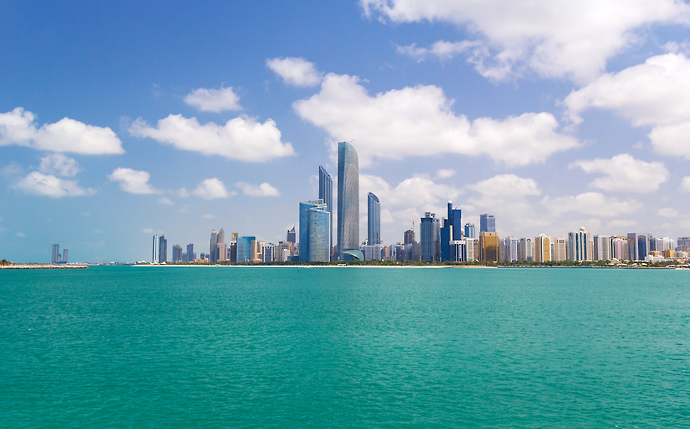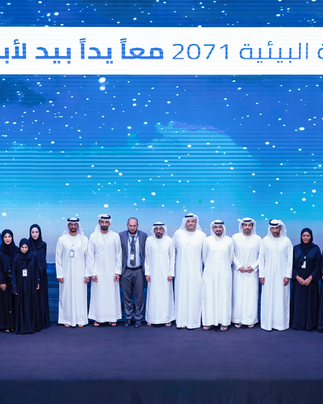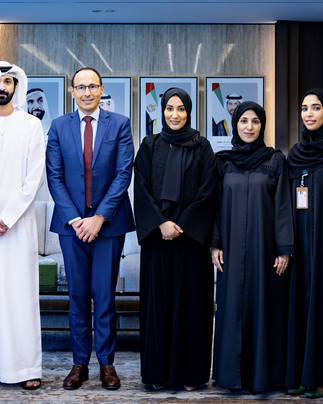Environment Agency - Abu Dhabi (EAD) has issued a policy on sustaining marine water quality that reviews the current situation and main challenges related to marine water quality in the emirate. The policy is part of EAD’s efforts to maintain and sustain Abu Dhabi’s marine waters, and limit practices that can cause marine pollution.
The policy aims to develop relevant legislative and regulatory frameworks, and halt discharges that may have adverse impacts on the marine environment by fostering recycling and reuse programs. The policy will also develop a programme that enhances preparedness in cases of emergency that affect marine water quality, and will enhance knowledge and awareness about the potential adverse impacts of pollutants, proposing solutions to mitigate these.
Contributing to addressing the challenges facing marine water quality in the emirate, the policy is part of a sustainable solution to achieve EAD’s vision. The implementation of the policy will improve the performance of environmental indicators in the emirate, ensure the sustainability of fishing activities as part of the emirate’s social heritage, as well as promoting recreational, tourism and marine sports activities.
Throughout the development process of the policy document, EAD worked in close coordination and consultation with stakeholders and strategic partners, through workshops, bilateral meetings, and knowledge-sharing. The policy is in alignment with national and local policies, plans and strategies, including the National Food Security Strategy 2051, the UAE Water Security Strategy 2036, Plan Maritime 2030: Abu Dhabi Coastal and Marine Framework Plan, the National Plan for Combating Marine Pollutants 2019, and the Abu Dhabi State of Environment Report 2017.
Her Excellency Shaikha Salem Al Dhaheri, Secretary General of EAD, said: “The sustainability of coastal and marine resources plays an important role in their preservation across generations, which enhances the social, economic and environmental value of coastal and marine areas. These include tourism, transport, oil and gas exploration and commercial uses, in addition to the contributions of other sectors such as heritage, marine environments and protected areas. These natural resources could be exposed to threats in case there is a deterioration in marine water quality which may also cause habitat loss and reduction in attractive and endangered species, biodiversity and environmental services.
“For the proper governance and coordination between concerned authorities, the policy will be implemented in the emirate under our supervision through consultation, coordination and cooperation with strategic partners at the local and federal levels. We will also analyse the impacts of the policy’s implementation based on systematic procedures that will help us attain our goals. The policy implementation tools include initiatives that seek to manage discharges to the marine environment in a more sustainable manner, complete the relevant regulatory frameworks, and respond to environmental emergencies in accordance with the national policies, programmes and plans of the United Arab Emirates, as well as the local plans of the emirate of Abu Dhabi.”











